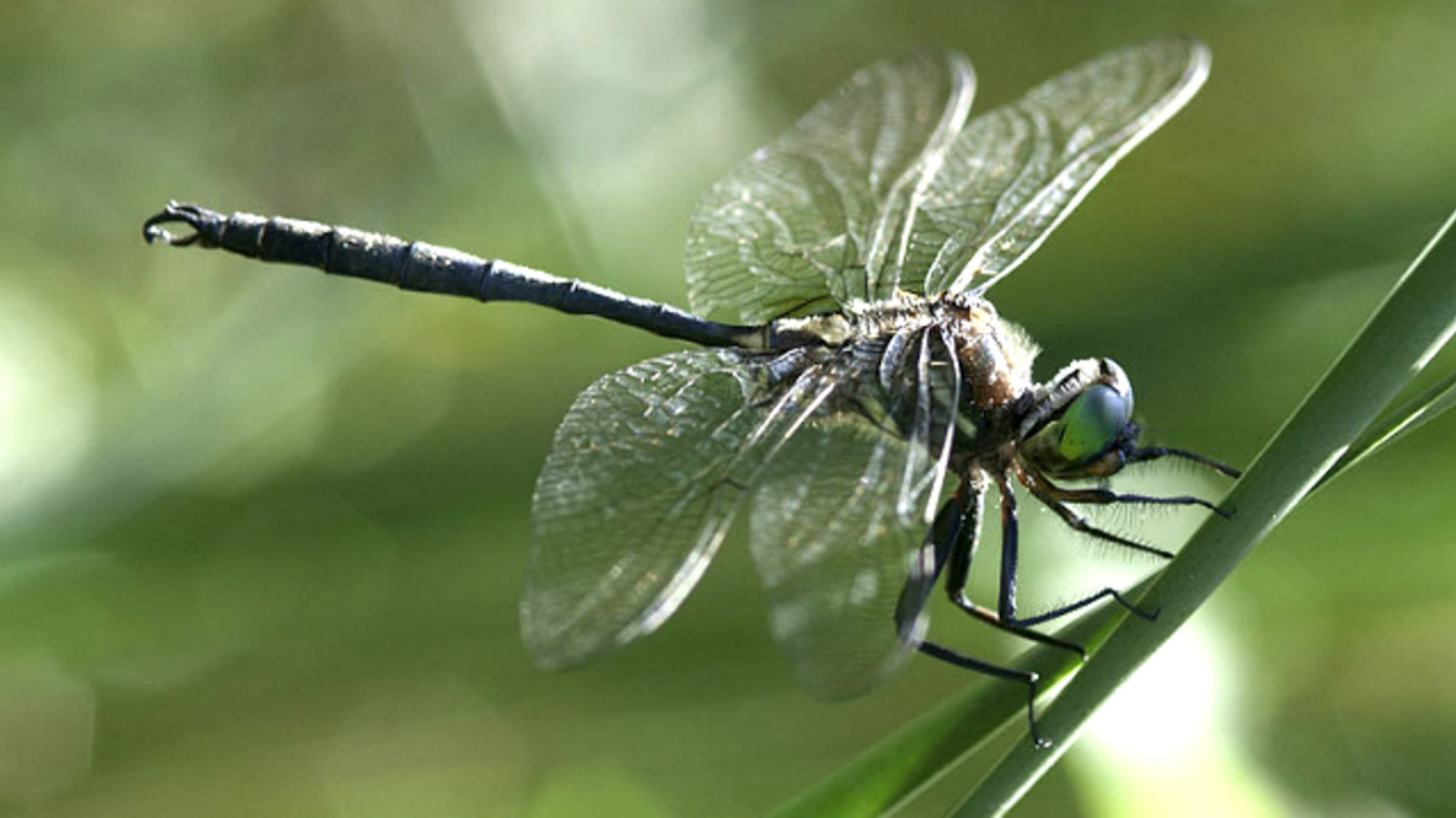After We Die
A RECENT tragic occurrence put me in mind of thinking again about endings. Those of the dying kind.
A colleague, on his way to work, was walking through the school ground. As he walked, a sudden weakness overtook his legs and he could no longer stand. His body betrayed him and he fell to the hard concrete that covered the brown earth. His dying heart was speaking to him and, in those seconds, he could feel the presence of his colleagues who unhesitatingly came to his aid. They showered him with protection and pumped love into him. They touched his body with tenderness and compassion as they watched it give way to the inevitable drawing of life.
This is my rendering of that event as it came to me later in the day. This is not the reality of what transpired in those minutes. That is for others to say. As we reflected, we were told the story of the dragonfly.
There is a pond. The water is cool and lily pads spread over the surface. And beneath the shimmering water, a community of water beetles lived a simple and undisturbed life. Except when, from time-to-time, one of the beetles climbed a lily stalk to the surface and disappeared, never to return. In their sadness they knew their friend was dead, gone forever.
One day, one little water beetle felt an urge to climb, determined to tell his friends what he saw at the top. Arriving there, he climbed out of the water and onto the lily pad that awaited him. The climb had made him tired so he decided to rest there, in the warm sun. As he slept, a change came over him, unknown and unexpected. He woke to find he had the body of a blue-tailed dragonfly, sleek, strong and ready for flight.
The inner urge came to reality and he flew. He saw the beauty of the new world he had entered and was amazed. Surely this life was superior. I must tell the others, he thought. They think I'm dead.
But his new body could not go into the water as he could before. He could not get to his friends to tell them what he had experienced. They would go on thinking he was dead, despite the fact that he himself felt more alive than he did before.
At last he understood. Their time would come, even as his had. He stretched his wings and flew into the pulsating air.
- Adapted from a story by Doris Stickney
This is a beautiful story, no doubt, and served to comfort many who listened to it on that day. It is a poignant analogy of the things we know and those we don't. It is a story of yearning and courage, a lesson in patience, a message of hope in a world of transience and doubt.
But at its core it is an illusion. If one is to believe that this story is an analogy of the birth-death-new life journey, one has to have faith. We believe in an afterlife like this because it suits our yearnings, it fits with our hope that this life we are living has no end (surely my spirit lives on, we say) and that there is a better existence waiting for us. Without faith, it is a magical story of hope that our lives can be better, that it takes radical change to improve and that the past is the past and must be left there. It has nothing to do with the afterlife unless we ascribe that meaning to it. This is our freedom, of course.
The fact is that we don't know and no poignant story, scriptural account or theological explanation will change that fact that we don't know what awaits us after our death. We'd like to know, but that is a double-edged sword. The studies into so-called near death experiences are truly interesting and instructive but prove nothing.
Of course, it is equally true that, precisely because we don't know, an afterlife could be real.
My point is that stories are written to try to make sense of something that is unknowable or unimaginable. Myths and legends do this; they help give us solidity in a world where so much is still to be discovered, so we stand on shaky ground. The various scriptures do this too. Humans find it difficult to live lives that are aware only of the moment, motivated only by living what we encounter and nothing more.
It is while we live in the water with our community that we inhabit life - in those moments, in that mud, with those beetles and on that stalk up to the surface of the water as we stretch upwards towards our potential. And if dragonflies are real, we'll find that out in our own time.


Comments
Post a Comment